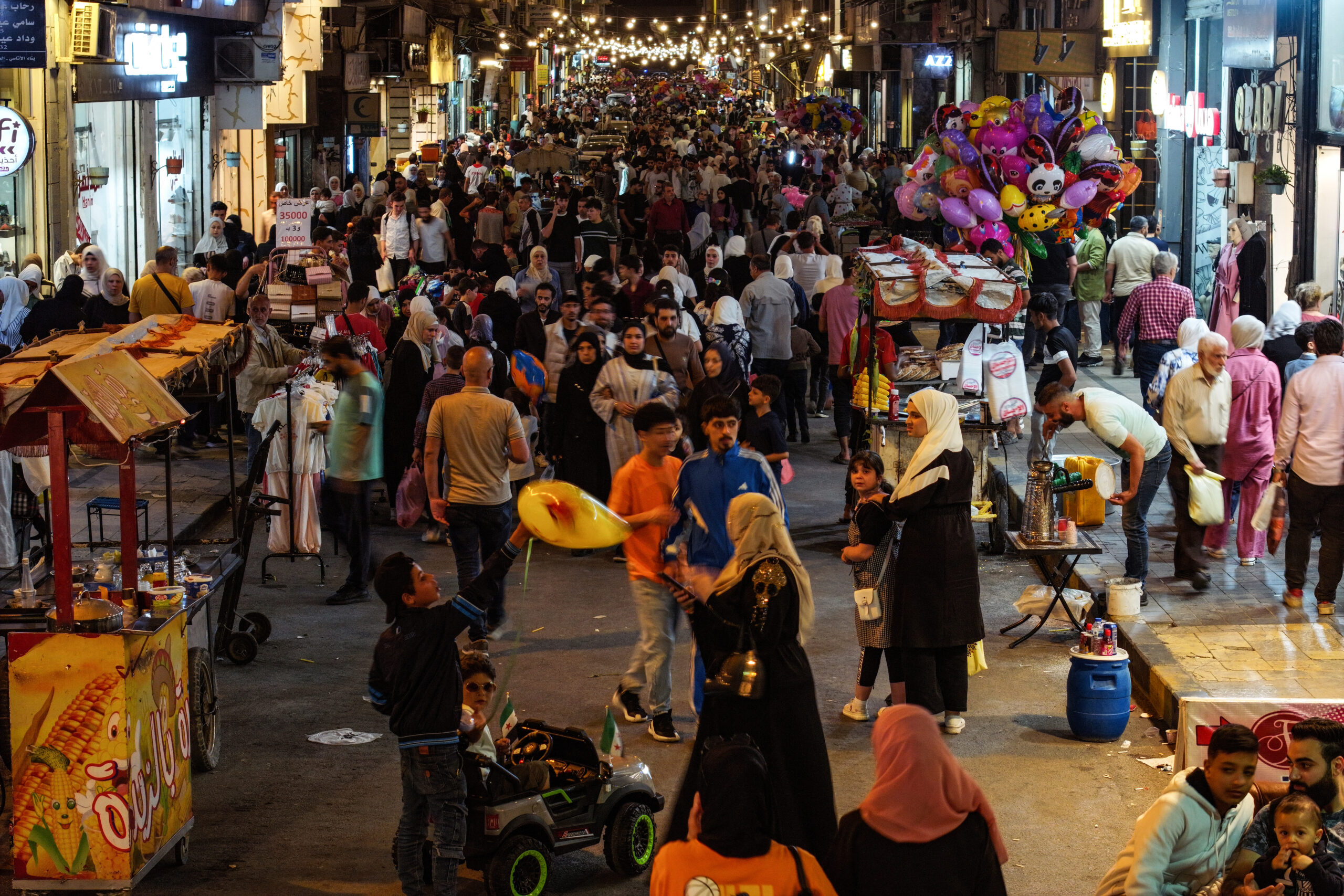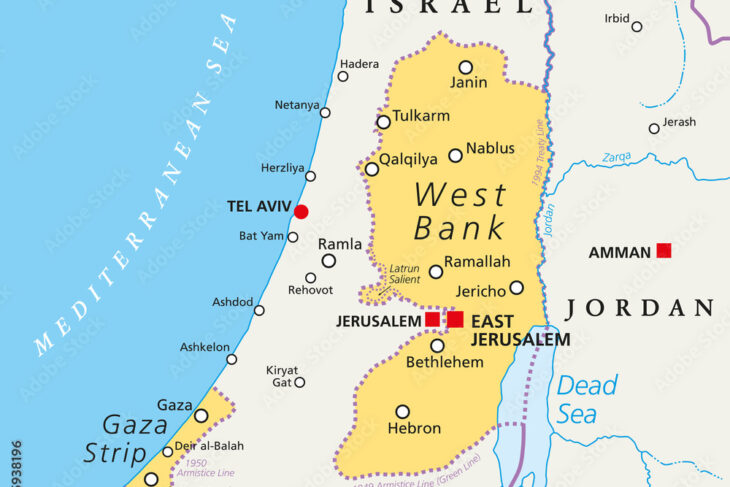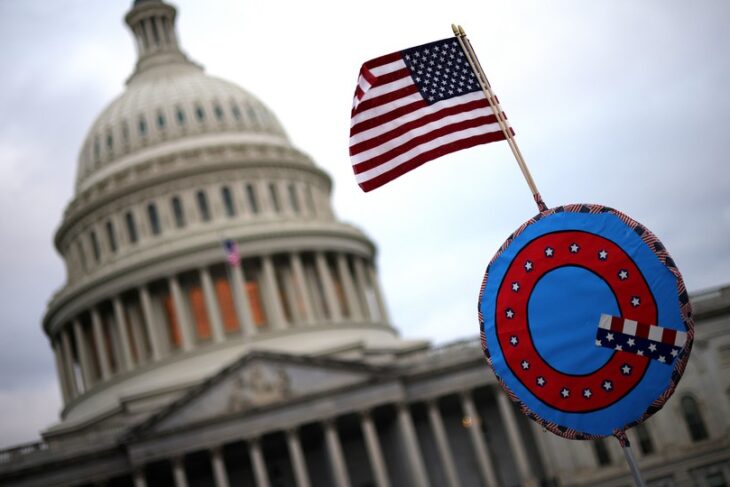
The fall of the Assad Government in Syria was quick. In a matter of days, an army which was at a stalemate with its enemy was routed. We saw columns of takfiris, jihadists, terrorists, marching into Aleppo, Damascus, Hama, and Homs; it was breathtaking in its speed. Lots of ink has been spilt on how awful the Assad Government was, how it lost the support of the army or its Russian backers and how the takeover by men who believe a woman should be neither seen nor heard is far better than what has come before.
Little has been written about what this means for the struggle against Zionism and imperialism in general. How will the fall of Assad impact Israel, how will it affect Palestinian resistance, and how will it impact the region as it struggles under the yoke of US imperialism, which uses them as proxies and gas stations? Has the fall had positive or negative impacts? I think enough time has passed for us to make an initial assessment and pass judgment on the new rulers of Syria.
Before we do that, a little historical background on Syria, up to the Ba’ath takeover, is needed.
What is today called Syria can be traced back to World War I when the British and French conspired among themselves to divide the Ottoman Empire, which entered the war on the side of the Central Powers. This division, solidified in the Sykes-Picot pact, saw a region which had been contiguous for hundreds of years, chopped up into the mandates of Lebanon, Palestine, Syria, and the kingdom of Jordan. This partition and further colonisation saw people occupied and divided along ethnic and religious lines as the imperial powers sought to secure their footholds in their new colonies. It is an important fact to note that until the outbreak of World War I, and even as late as World War II, people freely moved about the Levant and greater Arabian world and that until WWI the Levant was essentially one big governate, with people of all religions and ethnicities living together and intermarrying with all the love and friction that it carries.
Following independence in 1946, Syria entered a political union with Egypt, and following that, the Ba’ath party gained power via a coup in 1963. It is important to note that the Arab union and the Ba’ath coup were expressions of Arab nationalism and pan-Arabism, which sought to unite the Levant and the broader Arab world in political union. This ideology and its trends were anti-colonialist and nationalist in the third-world sense of nation-building, and both were welcomed at the time as Syria sought to unite what was now broken.
Links to Palestine and the resistance
In all this, Syria did not forget Palestine. In 1948, rather than take the revanchist position and demand that Palestine be brought into unity with them, the Syrians went to war on behalf of the Palestinians in the first Arab-Israeli war to defend the Palestinian people from being ethnically cleansed. Israeli historians such as Ilan Pape, and journalists such as Gideon Levy have both documented how it was the Zionists committing crimes and it was the Arabs who were defending the Palestinians when they intervened in what we would now recognize under the Right to Protect.
Syria maintained a leading position as the Arab state, the one with the ability to help the most that actively sought to assist the Palestinian cause, providing arms and shelter to various factions.
Syria, along with other Arab countries, engaged Israel a few more times as they sought to stop the Israelis from further expansion in the region as well as to defend the Palestinian people from the slow-motion genocide.
This position became more important in the 90s as the frontline countries, which were in the Palestinian resistance camp, had dwindled. Egypt had long made peace and recognized Israel; Lebanon, which had a strong resistance camp, as a State was a divided house; Iraq was broken following the Gulf War and would eventually be internally divided by the US following its 2003 invasion; and Jordan, following Camp David, made peace with Israel. While Iran joined the resistance post-1979, its ability to supply logistics and arms depended on a corridor of states which were in the camp of Palestinian resistance.
Syria remained at war with Israel, which occupied its territory, the Golan Heights, and refused to recognize it as a legitimate State, instead recognizing Palestine and the overthrow of the Syrian Government, making it more pliable to Israel.
Iraq and implications
The 2003 war in Iraq is where all of this well and truly began to fall apart for Assad, with Iraq being, as Wesley Clarke noted, the first of seven countries to be targeted for overthrow with one commonality among them being that they all had poor or no relations with Israel and were in the Palestinian resistance camp.
With the Iraqi Government toppled, the army was dissolved, and these armed men formed gangs. What was unspoken but soon became a visible reality was that jihadists tailed the US, using the situation as one of Islamic liberation from occupation. As anyone who is old enough to remember, a years-long terror campaign began with car bombs and massacres at shrines becoming a near-daily thing. This was not carried out by Iraqis but by jihadists who now had experience and had gained connections they would later use in the US torture camp of Abu Ghraib.
The destruction of Iraq and death of over half a million people resulted in jihadists gaining a serious foothold in Iraq and though they were eventually dislodged and sent into the desert areas bordering Syria, these people bode their time and made plans to eventually overthrow governments in Syria and Iraq to establish a jihadi state.
2011 civil war
In 2011, a civil war that the US and western powers fully backed and funded broke out in Syria, and a key proxy, as admitted by US intelligence leaks, was the same takfiris they were fighting in Iraq. The civil war may have begun with street protests, but documents now show that even in the earliest days these protesters were firing at State officials and killing minorities.
During the civil war, groups such as ISIS and HTS emerged, and it became obvious to some that the US seemed more interested in toppling the Government, even if it meant allying with these madmen, as noted by Jake Sullivan.
It also emerged, and was later admitted by Israeli officials, that during the civil war, they set up field hospitals to treat wounded jihadists so they could continue their fight against the Government. Israel also took this time during the civil war, when Syria could not strike back, to attack Syria repeatedly and even went as far as to formally annex the Golan Heights. Israeli officials admitted that the fall of the Government was key to break the axis between Syria, Hezbollah, and Iran in their resistance to the Israeli occupation and slaughter of the Palestinian people.
An important note is that some will claim that Israel was funding factions under the Free Syrian Army (FSA), and not jihadists, so this is a bad-faith accusation. I disagree the FSA was a big-tent decentralised organization whose members were free to join other fighting movements. In the early days there were many defections from the FSA to HTS because HTS was viewed as a stronger fighting force, and now that the war is over, the supposedly secular FSA is rapidly integrating into the new Syrian army which we see engaging in rape, pillage and general mayhem against the Syrian minority population.
Who benefits from the fall
What is left of Syria? With the dust of the advance settled and al-Jolani changing his name to al-Sharaa and his HTS in power, we see a country which is on the verge of another civil war, this time along ethnic lines, as his troops engage in ethnic cleansing of areas. The country seems set to either be broken into ethnic states, a la the Balkans, or if they are lucky, maybe an Iraqi-style end with no functioning central government and federal districts acting autonomously and at odds with each other. We see these possibilities as there is talk of a Druze state, an Alawite state and so on.
The country is also slowly seeing portions of it being annexed by its neighbours, namely Israel, which annexed the Golan Heights and now occupies parts of southern Syria, while Turkey maintains its occupation in northern Syria. The US, not to be left out, is also occupying parts of the country, namely the oil and wheat-producing regions.
So, who benefits from all this? The Syrian people seem to have gone from the frying pan and into the fire. Gone are the days of religious and ethnic co-mingling, as the State now engages in ethnic and religious killings, so they haven’t benefited. The Palestinian resistance has not benefited. Hezbollah, after defending Syria with the blood of its members, is now a shell of its former self following Israeli attacks, and Iran is now unable to freely assist them or the Palestinians as the axis is broken. Palestine, as we have seen, is not benefiting, especially as it seems the new president of Syria is keen to make peace and normalize relations with the Zionist ethnostate.
Imperialism has benefited from the fall of Assad, a man who, while far from perfect, understood the importance of the Palestinian cause. His Government was part of a bulwark against Israel and the US. It is they who now benefit as they have lopped off an Iranian ally and have weakened the hand of the Palestinian resistance. The civil war, which, if we are honest, was just a large Western operation to overthrow Assad, was successful, and it is they who will reap the benefits and not those who stand with, for example, Palestine, as like Egypt, this new Government will sell them out.
This barely covers what has been a dark chapter in the struggle against barbarism. People who destroyed the Yazidis are in power, people who burned people alive in cages are in power, people who view religion and one’s ethnicity as supreme are in power and you don’t have to take my word for it, you can read the NYT, the Washington Post and the Guardian; they will tell you the horrors these leaders committed in the over decade long conflict. The last frontline state has fallen, a new axis will have to be built, and the struggle will continue.



